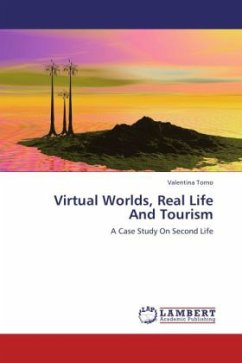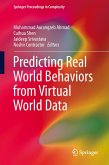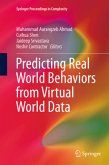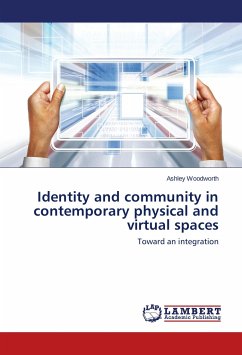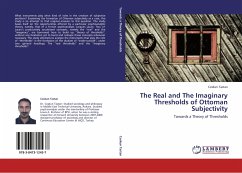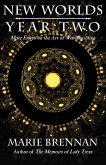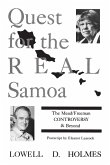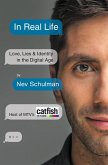Tourism is the largest industry worldwide but globalization, rising fuel prices, environmental laws and consumers green conscience are constraining further expansion. Indeed, many authors maintain that the desire to travel is steering towards greener, cheaper forms of tourism, such as Virtual Tourism, i.e. the virtual exploration of computer-generated environments. This book engages with this fairly understudied phenomenon, trying to establish its theoretical grounds. Using in-depth participatory methods that were adapted for online research, the author explores the world of Second Life (a 3D social virtual world available over the Internet) in order to understand travel behaviour, motivations and experiences of virtual tourists. Primary findings are related to existing theory and analysed through a variety of well-known socio-psychological and anthropological tourism frameworks. The study concludes that a combination of Internet social studies and post-modern approaches are bestsuited to explain virtual travel behaviour. This original research will be a useful starting point for tourism professionals that want to expand their understanding of tourism in a creative way.
Bitte wählen Sie Ihr Anliegen aus.
Rechnungen
Retourenschein anfordern
Bestellstatus
Storno

